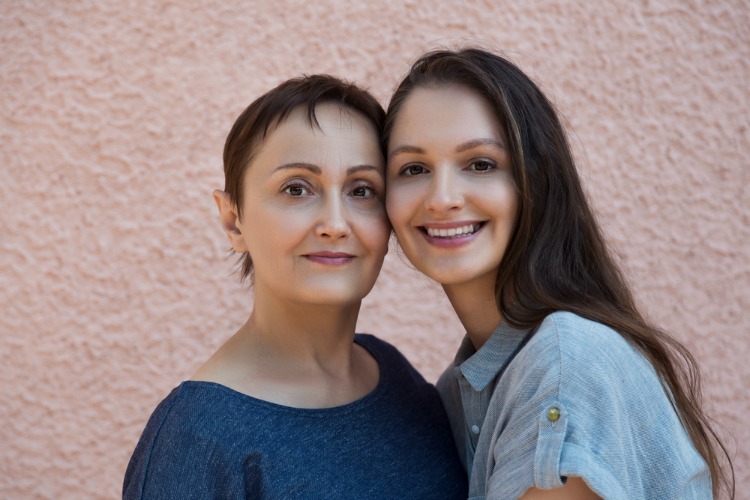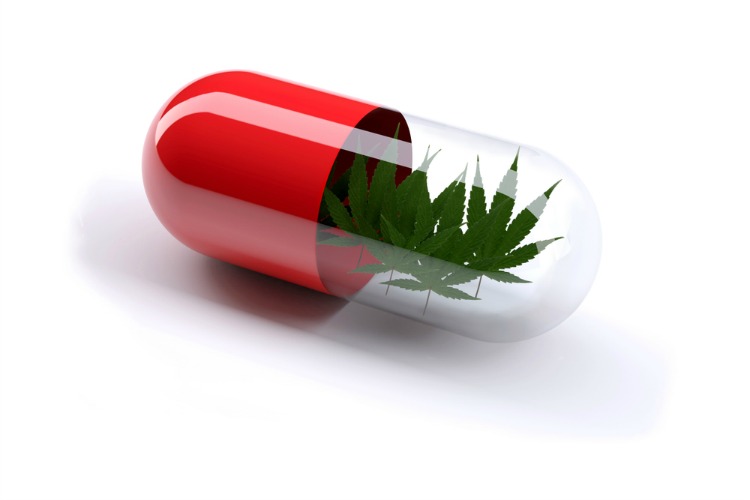We’ve all seen the stories in the news about children who suffer from debilitating forms of epilepsy who find relief with cannabis. People who searched for years to find a seizure treatment are discovering that medical cannabis can do for their loved ones what no other drugs have been able to do. In this article, we will explore the evidence that new scientific research provides about cannabis and epilepsy and how it could help millions of patients who suffer from seizures.

What is Epilepsy and Why Does it Cause Seizures?
Seizures that start in the brain are known as epileptic seizures. While some seizures are caused by conditions like low blood sugar or a high fever, people who experience recurrent seizures typically suffer from epilepsy, which is a chronic disorder.
Epilepsy affects people of all over the world, from all ages, races, and ethnic backgrounds. About 2.3 million American adults suffer from epilepsy, along with 450,00 children and adolescents.
Sometimes epilepsy is triggered by a brain injury or trauma, but the cause is often unknown. Although seizures can affect different parts of the body, the electrical impulses that cause the event begin in the brain. When normal electrical and chemical activity in the brain becomes disturbed, neurons start to fire erratically and cause seizures. People with epilepsy don’t know when or where their next seizure will come on, which makes leading a normal life very challenging.
Is Cannabis an Effective Seizure Treatment?

Cannabis has received a lot of media attention in the last few years for its ability to treat people with epilepsy and reduce their seizure activity, but does it work? Over the years there has been a lot of anecdotal evidence about the effectiveness of cannabis as a seizure treatment. It was even one of the most popular treatments for epilepsy in the Victorian era. But only recently is science starting to take a serious look at its potential benefits.
What we currently know about how cannabis treats epilepsy can be attributed to the cannabinoids CBD and THC. Due to the intoxicating effects of THC, CBD has moved to the forefront of seizure treatment for children. In a 2018 analysis of 23 CBD trials involving children with severe forms of epilepsy, researchers found a significant reduction in the frequency of seizures.
One of the most impressive studies on the effectiveness of the CBD on seizures included 120 children with a rare drug-resistant form of epilepsy called Dravet syndrome. The study found that over 14 weeks, children who received CBD experienced more than a 50% reduction in convulsive seizures compared to the placebo group.

Science is still learning how CBD helps reduce seizure activity, but it likely involves the body’s endocannabinoid system. One of the primary functions of the endocannabinoid system is to keep all the systems in our body in a state of equilibrium. When our systems become so out of balance our natural endocannabinoids can’t return them to normal, cannabis might be able to help. The theory is that cannabinoids from medical marijuana can access the endocannabinoid system in a natural way and help bring the body back into a balanced state.
Although we are still learning how cannabis works as a treatment for seizures, there is promising evidence that it can improve the quality of life for people with epilepsy. If you are interested in learning more about the medical benefits of cannabis for treating seizures or other health conditions, we can help.
Please visit our appointment page for information and to learn how to become a new cannabis patient in Maryland.